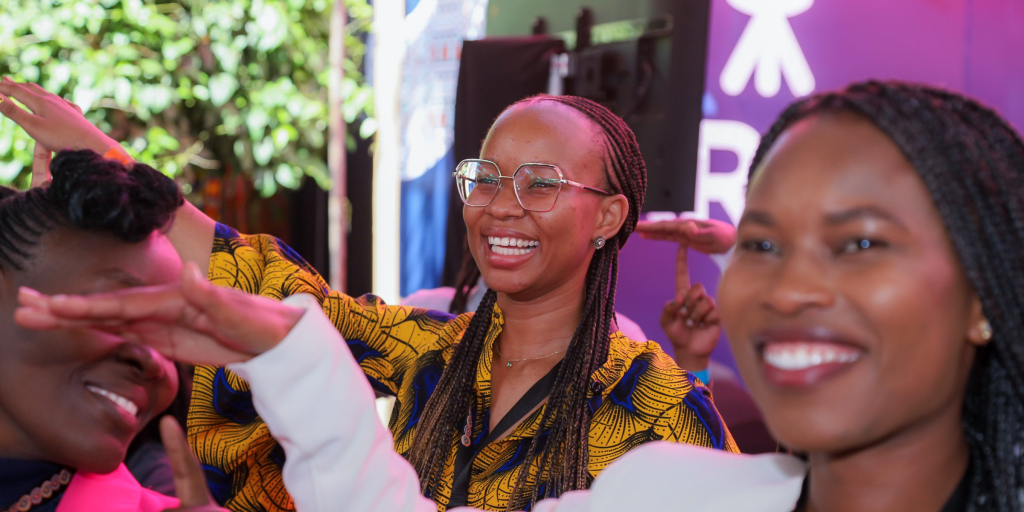Fact-checking organisations in Africa sign pact on information integrity
PICTURE: Andrea Piacquadio/Pexels
Fifty fact-checking organisations in Africa, with a presence in at least 30 countries, have signed a declaration to work together to tackle harmful false information on the continent.
The declaration is an outcome of the 2024 Africa Facts summit held in Accra, Ghana, on 9 and 10 October.
The summit was convened by Africa Check, the continent’s first non-partisan fact-checking organisation, under the auspices of the Africa Facts network.
‘For the last decade, we have been speaking about the value of honest public debate, maintaining information hygiene, and ensuring that public figures in Africa make decisions based on quality data and facts. Now, we have put all the ideas on paper as a first step to building – or rebuilding – information resilience and integrity on the continent,’ said Noko Makgato, Africa Check’s Executive Director.
In signing the Accra Declaration on Information Integrity and Resilience, the organisations pledged to engage civil society, responsive governments, technology platforms, regional, global and multilateral institutions and communities to build information hygiene, integrity and entrench information resilience
The fact-checkers will offer information resilience clinics to Africa’s young people – who make up more than 60% of the continent’s population – to help them read smarter, listen objectively, spot dodgy information and debunk falsehoods.
The organisations will also seek to expand their outreach to community radio and local media, which are often the go-to sources for news in rural communities with spotty or non-existent internet access. The International Telecommunications Union reports that only 37% of the continent’s population uses the internet.
Fact-checkers will also go directly into schools, community centres and even homes without Internet access, equipping people with the know-how to question what they read or hear, check their sources and ultimately push back against harmful falsehoods.
‘Seeing the Africa Facts Network’s footprint in more than 30 countries within 12 years of Africa Check’s pioneering role on the continent, signals the enormity of the harm done by false information and the urgency to innovate and work together to fight mis-, dis- and malinformation,’ said Dr Hlalani Gumpo, Africa Check’s Head of Outreach and Impact.
The Declaration highlighted gendered disinformation, linguistic diversity, vulnerable and offline communities, the climate crisis, public distrust of the media, resource challenges and politically sensitive environments as some of the areas of concern for African fact-checkers.
The declaration also recognises that fact-checkers and investigative journalists are at great risk of harassment and even violence. Thus, in engaging governments and advocacy groups, it is pushing for policies and rapid response systems to keep these truth-tellers safe.
The organisations have also pledged to explore AI-driven tools with tech partners, specifically researchers and platforms, to future-proof their own operations and help communities clean up dodgy information.
The declaration is available in English and French.
- The story was originally published here
- For any questions, contact [email protected]





